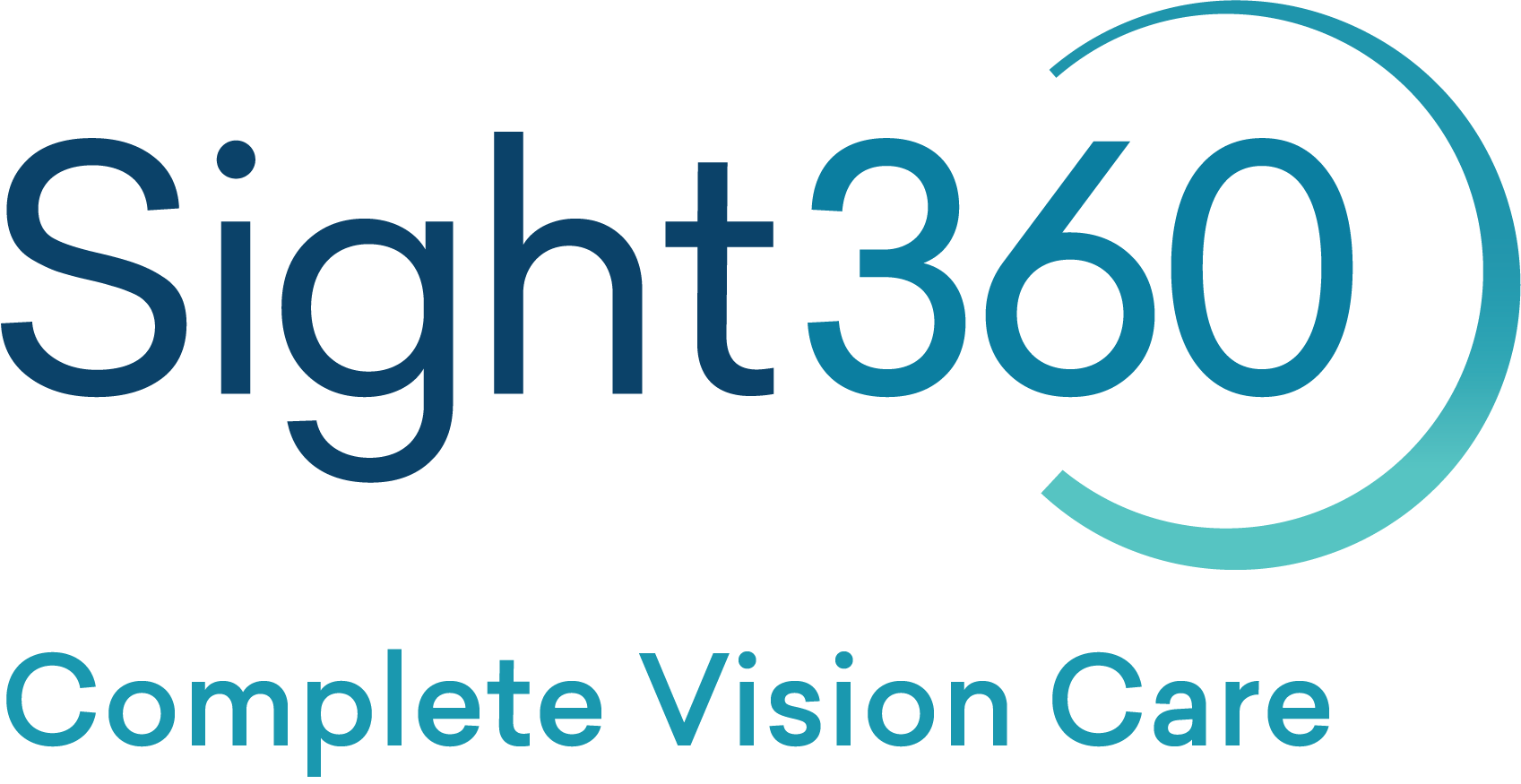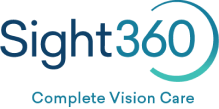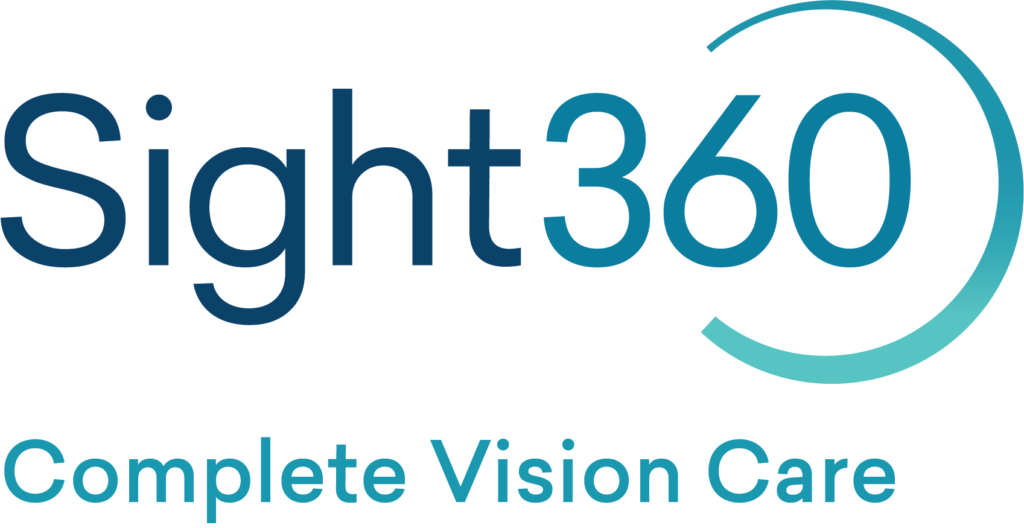- Home
- /
- Conditions
- /
- Thyroid Eye Disease
Thyroid Eye Disease
Understanding and Managing Thyroid Eye Disease
# conditions
What is Thyroid Eye Disease?
Thyroid eye disease is an autoimmune condition that often develops in people with Graves’ disease and hypothyroidism. As a result, it is sometimes referred to as Graves’ orbitopathy or Graves’ ophthalmopathy. However, it can also occur in those with normally functioning thyroids or even hypothyroidism.
Thyroid eye disease mainly affects the tissue, including the muscle and fat, that is located behind the eyes. One of the most visible symptoms of this condition is the appearance of bulging eyes or a wide-eyed stare, as well as swelling and redness around the eyes, including the eyelids. Furthermore, individuals with thyroid eye disease often speak of extreme dryness or a gritty sensation in the eyes that can negatively affect their vision and cause significant pain and discomfort.
Treatments for Thyroid Eye Disease
There are a number of avenues that can be taken to manage the symptoms of this condition and limit the potential for future complications. An ophthalmologist specializing in thyroid eye disease can determine which of these is right for your unique case based on the severity of your condition and your personal preferences and lifestyle needs:
Artificial Tears or Lubricating Drops
Artificial tears or eye drops specifically made for lubrication purposes can help relieve the discomfort associated with sensations of dryness and irritation and provide much-needed moisture to sensitive eyes.
Bandage Contact Lens
Another possibility is a specific type of contact lens worn for therapeutic purposes. Known as a bandage contact lens, this lens is typically made of a soft material without any prescription power. Much like a bandage covers a wound during the healing process, a bandage contact lens protects the cornea of the eye to alleviate pain and promote healing.
Lifestyle Changes
Changes to your diet, environment, and overall lifestyle can also help you manage the symptoms of thyroid eye disease. For example, you could find that avoiding certain foods with inflammatory properties can lessen your symptoms. Furthermore, you may experience a certain level of relief by staying hydrated, protecting your eyes from the sun, quitting smoking, and ensuring your home and workplace maintain good indoor air quality.
Lateral Tarsorrhaphy
In particularly severe cases where patients have trouble closing their eyes, lateral tarsorrhaphy may be recommended. This surgical procedure uses small incisions to partially close the lateral canthi, or the outer corners of the eyes, in order to protect the cornea and prevent extreme dryness.
Punctal Plugs
Punctal plugs, which may also be called lacrimal plugs or tear duct plugs, can be inserted by an ophthalmologist or optometrist as part of a simple procedure. As they minimize tear drainage and promote moisture retention, these plugs can help reverse the dryness and discomfort caused by thyroid eye disease.
Get Started with a Thyroid Eye Disease Specialist at Sight360
At Sight360, we have a team of ophthalmologists specializing in thyroid eye disease who can diagnose and treat this condition. In addition to providing counselling that can help you find the best treatment plan for your situation, we also conduct procedures such as lateral tarsorrhaphies and punctal plug insertions. To learn more about your treatment options, book an appointment with us today!

Book Appointment
Whether you are an optician or a renowned surgeon, we have a place for you to make a lasting impact on patients and build a fulfilling career. Apply today!


